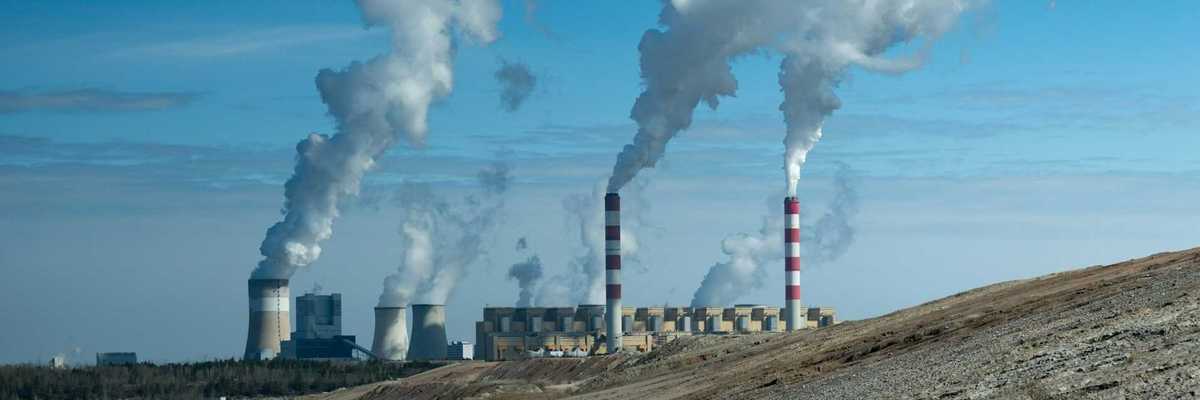russian invasion of ukraine (2022)
Europe struggles with high energy costs and fading industries
European manufacturers are facing a new normal of high energy costs, while global competitors thrive on cheaper power.
In short:
- European industries are struggling to compete due to energy prices that are double those in the U.S., driven by a shift from Russian gas to expensive liquefied natural gas.
- Key sectors like chemicals and steel are declining, with companies closing plants and cutting jobs across the EU.
- Policymakers are warning that without major changes, European industry risks becoming irrelevant, while renewable energy won't bring relief until at least the mid-2030s.
Key quote:
“For the first time since the Cold War, we must genuinely fear for our self-preservation.”
— Mario Draghi, former European Central Bank chief
Why this matters:
Energy prices have long-term effects on health and economy. As Europe pivots from fossil fuels, the transition is hurting industries that supply essential goods like pharmaceuticals and microchips, with ripple effects across global markets. Factories are going dark, layoffs are looming, and policymakers are sounding the alarm. Read more: In the race for clean energy, the US is both a leader and a laggard — here’s how.
Recycling, renewables and rubble: How environmental issues could make or break Ukraine’s EU bid
Sweden’s climate pollution rose 7% in 2022 because of Nord Stream sabotage
The major gas leak from the sabotaged Nord Stream pipeline last year pushed Sweden’s annual plant-heating emissions up by 7%, the Swedish Environmental Protection Agency reported Thursday.









